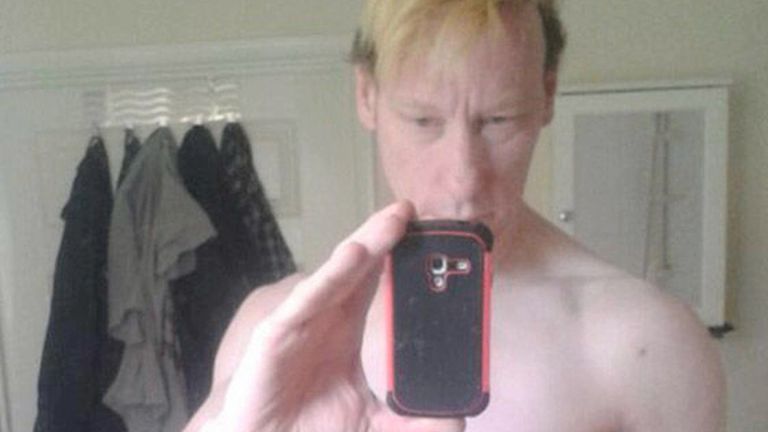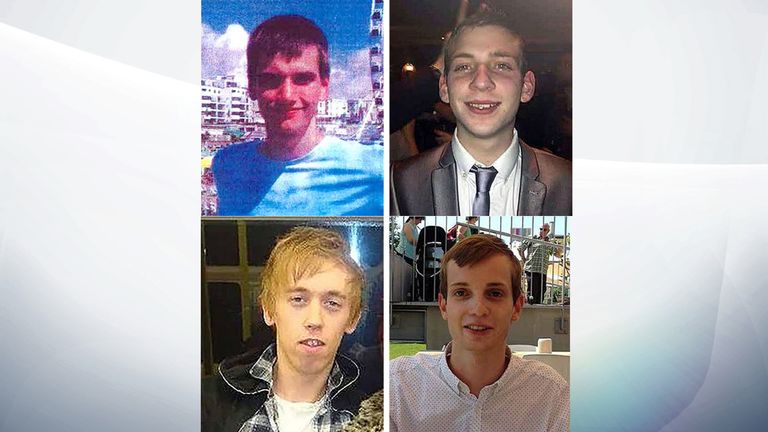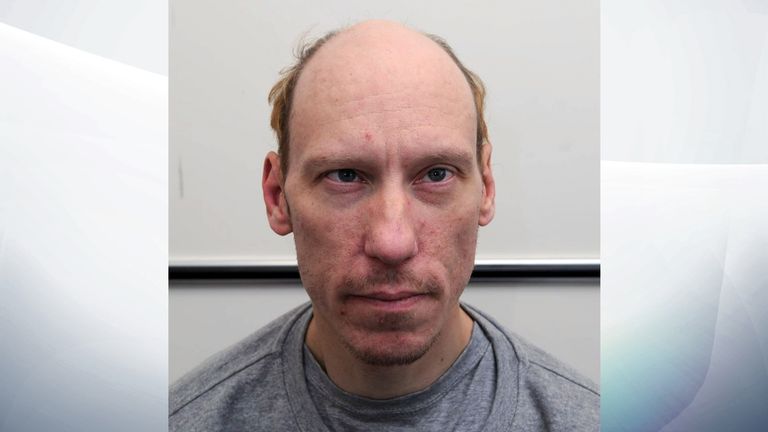Police officers investigated over failings in Stephen Port case
The police watchdog will look into whether homophobia played a part in officers' failure to track down serial killer Stephen Port.
Thursday 24 November 2016 09:21, UK
Seventeen police officers are under investigation after failing to link the killings of three young gay men whose drugged bodies were found within 400 yards of each other.
The Metropolitan force ignored a tip-off that there was a serial killer on the loose and continued to treat the deaths as "unusual, but not suspicious".
The officers under investigation range in rank from constable to inspector.
Seven of them could face losing their jobs if claims of gross misconduct are proven.
Benjamin Cohen, chief executive of gay website PinkNews, said: "The police told us very quickly that there was no link between the death of this (third) man and other deaths that had been reported in the local area, that there was nothing for us to report and essentially if we had reported that there was a link between these people who all happened to be gay or members of the LBGT community, that would cause a scare among the local community and wouldn't be a very good idea or a responsible thing for us to publish, so we didn't."
Only after a fourth body was discovered, dumped in the same area a year later, did detectives launch a murder hunt.
The investigation was passed to Scotland Yard's serious crime squad and within days it had arrested and charged gay chef Stephen Port, 41, who also worked as a male escort.
He was accused of luring young men to his flat where he plied them with sedative drugs so that he could have sex with them while they were unconscious.
Then police discovered the alleged blunders made by their local colleagues.
Port had called the emergency services after "discovering" the first body, but lied that he did not know the man and was later jailed briefly for perverting the course of justice.
Commander Stuart Cundy, of Scotland Yard, said: "We heard at trial there were potentially missed opportunities in the original police investigations before the murder investigation itself, and it's because of that we as a Metropolitan Police voluntarily referred ourselves to the Independent Police Complaints Commission (IPCC).
"It would be wrong for me to pre-empt what their conclusions and findings may be, but they will look at those potential missed opportunities and make an assessment of the impact of them."
The IPCC will consider whether homophobia played a part, with the Met's advisers from the gay community calling on it to address "any systemic or cultural issues".
Commissioner Cindy Butts from the IPCC said: "It is important we establish whether the police response to the deaths of all four men was thorough and appropriate in the circumstances, including whether discrimination played any part in actions and decisions.
"We would like to hear from anybody who provided information to the police about Port, or any of his victims, between 19 June 2014 and 15 October 2015."
Four men died from a fatal overdose, their bodies dumped within a 400-yard radius of Port's flat in Barking, East London. Eight others survived.
The men who died were fashion student Anthony Walgate, 23, Port's flatmate artist Gabriel Kovari, 22, trainee chef Daniel Whitworth, 21 and forklift truck driver Jack Taylor, 25.
Port denied all the charges against him but was convicted of 22 offences against 11 men including four rapes, four sexual assaults and 10 of administering a substance, in addition to the murders.
He was cleared on three counts of rape.
He was said to have written and planted a bogus suicide note on the body of one victim who "confessed" to the accidental killing of another, but absolved Port of any blame.






